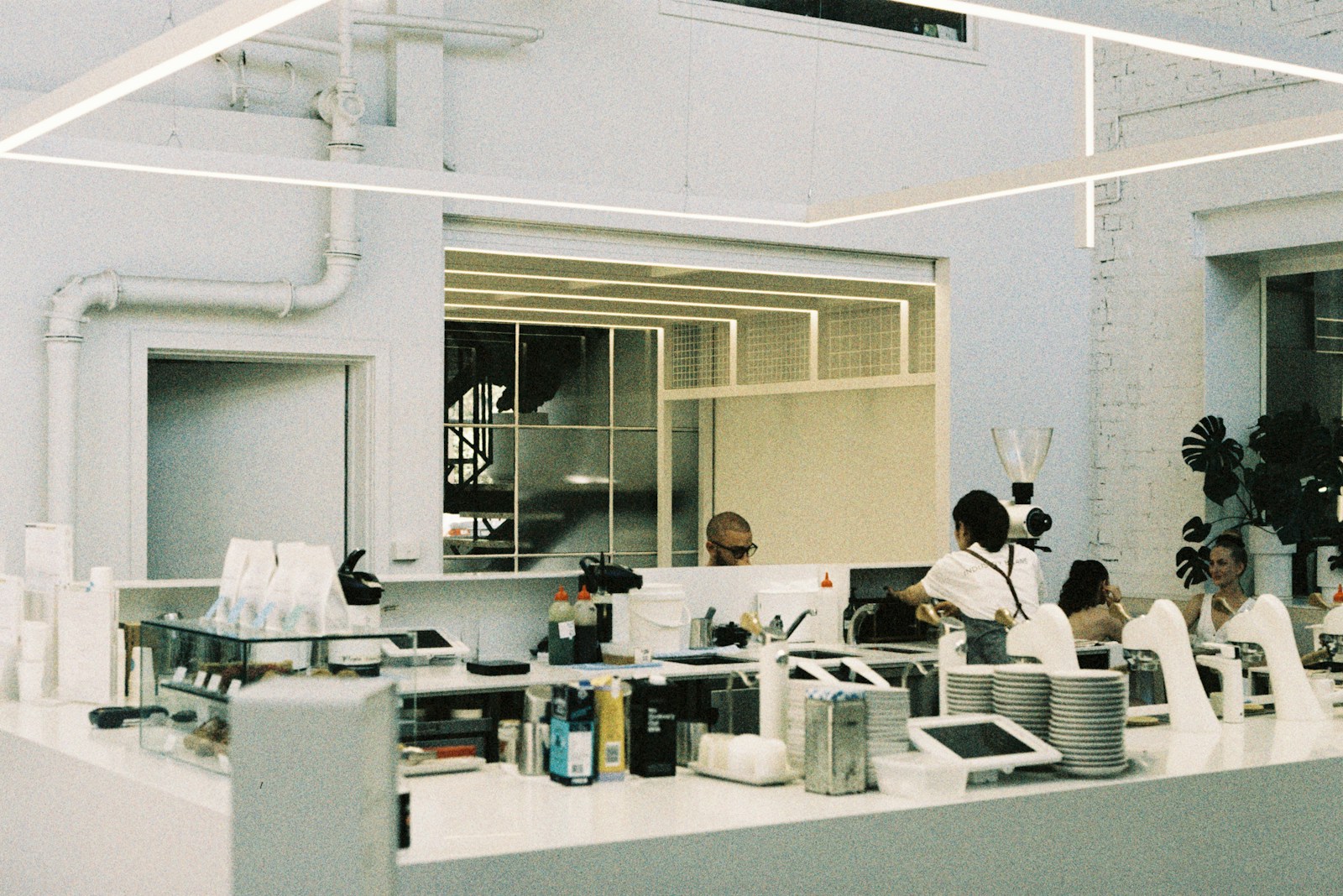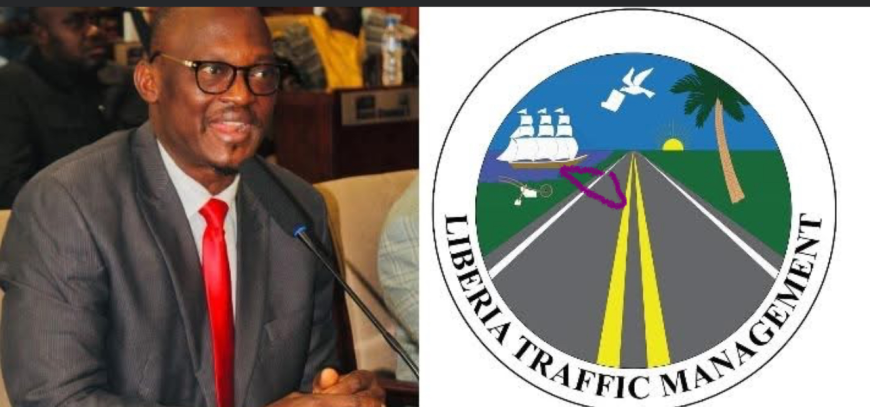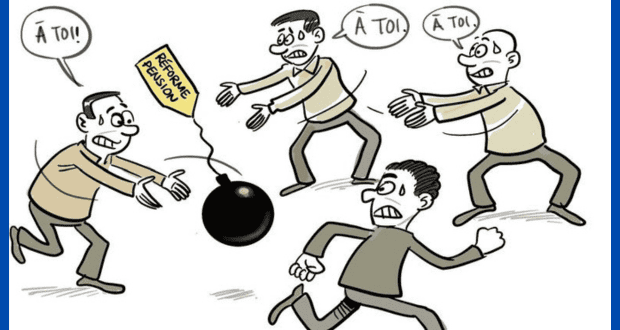Work Challenges Mauritius and the Shifting Employment Landscape
Mauritius is facing a period of significant transformation in its labor market, and Work Challenges Mauritius are becoming more complex than ever before. The rise of digital technology, globalization, and evolving economic sectors is reshaping job roles, career expectations, and workforce dynamics. Employees and employers alike must navigate a landscape where traditional career paths are no longer guaranteed, and adaptability has become the key to professional survival.
Digitalization has accelerated across industries, demanding new skills and innovative approaches to work. Many roles that were considered stable a decade ago are now being redefined or automated, and this creates uncertainty among the workforce. Young professionals entering the job market face the additional pressure of mastering digital competencies, understanding data-driven decision-making, and staying relevant in an ever-evolving professional ecosystem.
Moreover, Work Challenges Mauritius are influenced by demographic shifts and social expectations. An increasing number of workers seek flexible arrangements that allow for better work-life balance, remote collaboration, and personal growth. Employers must rethink policies, organizational structures, and talent retention strategies to meet these demands. Failure to adapt not only affects productivity but also risks losing top talent to more forward-thinking organizations, both locally and internationally.
Work Challenges Mauritius in Skills and Education
A critical aspect of Work Challenges Mauritius lies in aligning education and vocational training with the needs of the labor market. Educational institutions are tasked with preparing graduates for jobs that may not yet exist, while employers demand employees who are versatile, tech-savvy, and capable of continuous learning. Bridging this gap requires collaboration between schools, universities, vocational centers, and industries to ensure that curricula are responsive and forward-looking.
Upskilling and reskilling have become essential strategies. Professionals must engage in lifelong learning, attend workshops, and pursue certifications that enhance their employability. Digital literacy, communication skills, and problem-solving capabilities are now considered fundamental, alongside domain-specific expertise. Organizations that invest in training programs create a workforce that is adaptable and resilient in the face of ongoing changes, mitigating the broader effects of unemployment and skill shortages.
Work Challenges Mauritius also highlight inequalities in access to education and professional development. Rural populations, women, and marginalized communities may face barriers to acquiring the necessary skills, which in turn affects their participation in the modern economy. Addressing these disparities is crucial for both social equity and economic growth. Policies, mentoring programs, and incentives for inclusive education are central to ensuring that all citizens can benefit from emerging opportunities.
Work Challenges Mauritius and the Impact of Technology
Technology is both a driver and a solution to Work Challenges Mauritius. Automation, artificial intelligence, and cloud-based platforms are redefining job functions and productivity metrics. While some roles are at risk of redundancy, technology also creates opportunities for innovation, remote collaboration, and entrepreneurial ventures. Employees who embrace digital tools are better positioned to succeed in a competitive and dynamic job market.
Remote work, enabled by digital connectivity, has emerged as a defining feature of the modern workplace. Companies in Mauritius are increasingly adopting flexible schedules, virtual collaboration tools, and cloud services to maintain efficiency while responding to employees’ evolving needs.
Work Challenges Mauritius and Employment Opportunities
While Work Challenges Mauritius present obstacles, they also reveal emerging opportunities for both employees and employers. New industries are taking shape, especially in digital services, renewable energy, and creative sectors, creating roles that did not exist a few years ago. Professionals who proactively develop relevant skills and stay informed about market trends are able to seize these opportunities and thrive in the modern workforce.
Freelancing and gig economy work are becoming more prevalent in Mauritius, allowing individuals to diversify their income sources and gain experience in multiple sectors. Platforms connecting freelancers with clients locally and internationally are expanding rapidly. This creates a flexible labor market where talent can move more efficiently and innovate independently, fostering entrepreneurial thinking among the younger generation.
For businesses, recognizing these opportunities is equally critical. Companies that identify skill gaps and provide targeted training gain a competitive advantage. By encouraging innovation and offering pathways for employee growth, organizations not only retain talent but also cultivate a culture of creativity, adaptability, and resilience that is essential for sustainable success in today’s evolving economic landscape.
Work Challenges Mauritius and Workplace Well-being
Work Challenges Mauritius extend beyond skills and employment; they encompass mental health, job satisfaction, and overall well-being. Employees are increasingly aware that stress, burnout, and work-life imbalance can hinder productivity and career growth. Organizations that address these issues through flexible policies, counseling services, and wellness programs create a healthier and more motivated workforce.
Flexible scheduling, remote work options, and clear communication channels help employees manage professional and personal responsibilities. Recognition of achievements and opportunities for career progression contribute to morale and engagement. By prioritizing well-being, companies reduce turnover, improve loyalty, and enhance overall performance, illustrating that human-centric approaches are just as important as technical and financial considerations.
In addition, inclusive workplaces that value diversity and provide equitable access to opportunities contribute to social cohesion and economic development. Addressing discrimination, promoting mentorship, and fostering collaboration are all strategies that help mitigate the broader Work Challenges Mauritius, ensuring that all employees can participate fully and contribute meaningfully to their organizations and the economy.
Work Challenges Mauritius and the Role of Government Support
Government policies are crucial in shaping how Work Challenges Mauritius are addressed across the nation. Initiatives such as employment subsidies, skill development programs, and support for small businesses help reduce unemployment and prepare the workforce for emerging sectors. Policymakers also facilitate partnerships between educational institutions and industries to align curricula with labor market needs, creating a pipeline of qualified and job-ready talent.
Furthermore, public policies that promote digital literacy and access to technology empower citizens to participate in modern work environments. These programs provide critical training for underserved communities, ensuring that geographic or socioeconomic factors do not limit opportunities. By investing in human capital, Mauritius strengthens its economy and ensures that the workforce can adapt to evolving challenges and seize new opportunities.
Work Challenges Mauritius and Adapting to Global Trends
In a connected world, Work Challenges Mauritius are influenced not only by local conditions but also by global labor trends. Automation, artificial intelligence, and international competition are reshaping industries worldwide, and Mauritius must adapt to remain competitive. Employees need to understand global market demands, develop cross-cultural communication skills, and embrace continuous learning to stay relevant in a fast-evolving environment.
Companies in Mauritius are increasingly benchmarking their practices against international standards, adopting flexible work arrangements, digital collaboration tools, and performance metrics aligned with global best practices. This approach helps organizations attract talent, improve productivity, and integrate into global supply chains. Professionals who embrace these changes are better equipped to succeed locally and internationally.
For further insights on workplace dynamics and public opinions, see our coverage on Opinions Mauritius, where analyses and commentary explore evolving trends shaping the workforce.
Work Challenges Mauritius and Preparing for the Future
The future of work in Mauritius depends on proactive adaptation to technological, economic, and social changes. Employees must cultivate transferable skills, embrace digital tools, and pursue continuous professional development. Lifelong learning is no longer optional; it is essential for maintaining employability and achieving career growth.
Collaboration between government, industry, and educational institutions is vital. Programs supporting digital literacy, entrepreneurship, and workforce training create a robust pipeline of talent ready to tackle new challenges. International organizations such as the Organisation for Economic Co-operation and Development (OECD) provide research and guidance that can inform local strategies, ensuring that Mauritius aligns with global standards while addressing national priorities.
Conclusion: Navigating Work Challenges Mauritius Successfully
Work Challenges Mauritius are multifaceted, encompassing skill gaps, technological disruption, workforce well-being, and global integration. By investing in education, fostering innovation, supporting employee wellness, and leveraging government policies, Mauritius can create a resilient and adaptable labor market. The journey requires collaboration, foresight, and commitment from all stakeholders. Embracing these challenges as opportunities will enable employees, employers, and policymakers to shape a workforce capable of thriving in a dynamic and competitive world.




